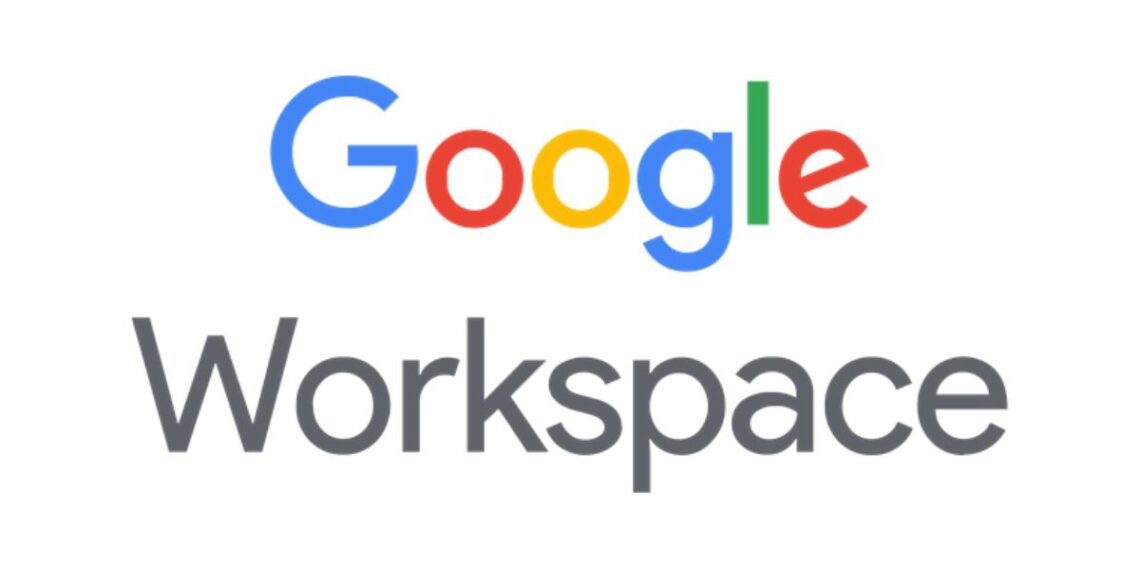In the fast-paced world of startups, effective collaboration, seamless communication, and efficient organization are critical for success. With limited resources and the need for agility, startups require robust tools that can support their growth and streamline operations. 🚀 Google Workspace, formerly known as G Suite, is a comprehensive suite of cloud-based productivity and collaboration tools designed to meet these needs. But is Google Workspace the right choice for your startup? This article explores its features, benefits, potential drawbacks, and comparisons with alternatives to help you determine if it aligns with your startup’s unique requirements.
🔍 What is Google Workspace?
Google Workspace is a collection of cloud-based productivity and collaboration tools developed by Google. It includes familiar applications such as Gmail, Google Drive, Google Docs, Google Sheets, Google Meet, and more, all integrated into a unified platform.
✨ Designed to enhance teamwork and streamline workflows, it offers startups the flexibility and scalability needed to manage their operations efficiently.
💡 Why Startups Choose Google Workspace?
✔️ All-in-one suite for communication, storage, and productivity
✔️ Scalable plans that grow with your startup
✔️ Cloud-based access for remote and hybrid teams

⚡ Key Features of Google Workspace for Startups
Google Workspace offers a wide range of features tailored to the needs of startups, ensuring productivity and collaboration are seamless. Here are some of the standout features:
📧 1. Gmail and Custom Email Domains
✔️ Professional email service with custom domains (e.g., [email protected])
✔️ Spam filtering, storage, and search capabilities for reliable email management
☁️ 2. Google Drive
✔️ Cloud storage for secure file management and easy sharing
✔️ Seamless integration with other Workspace apps
📝 3. Google Docs, Sheets, and Slides
✔️ Real-time collaboration for documents, spreadsheets, and presentations
✔️ Comments, suggestions, and version history to improve workflow
🎥 4. Google Meet and Google Chat
✔️ Video conferencing with screen sharing and recording capabilities
✔️ Instant messaging for quick team communication
📅 5. Google Calendar
✔️ Schedule meetings, coordinate team activities, and set reminders
✔️ Integrated with Gmail and Google Meet for seamless scheduling
📊 6. Google Forms
✔️ Create surveys, feedback forms, and questionnaires easily
✔️ Collect and analyze data in Google Sheets
🔒 7. Google Workspace Security and Administration
✔️ Data encryption, two-factor authentication (2FA) for enhanced security
✔️ Admin controls to manage user access and monitor activity
🔗 8. Add-ons and Integrations
✔️ Supports third-party integrations with CRMs, project management tools, and more
✔️ Customizable with add-ons for enhanced functionality
📱 9. Mobile Accessibility
✔️ Dedicated mobile apps for all Workspace tools
✔️ Work from anywhere with cloud-based access
💰 10. Cost-Effective Plans
✔️ Flexible pricing tiers for startups of all sizes
✔️ Basic plans for small teams and advanced options for growing businesses

✅ Pros of Using Google Workspace for Startups
🌍 1. Comprehensive Suite of Tools
✔️ Eliminates the need for multiple separate tools
✔️ Streamlined workflows for collaboration and communication
🤝 2. Real-Time Collaboration
✔️ Edit documents simultaneously with team members
✔️ Comments and version control ensure smooth workflow
📈 3. Scalability
✔️ Expands as your startup grows
✔️ Flexible storage and user management
🌐 4. Accessibility & Flexibility
✔️ Cloud-based platform for remote work
✔️ Access files and tools from anywhere
🔗 5. Integration Capabilities of Google Workspace
✔️ Connects with third-party apps like Slack, Asana, and Zoom
✔️ API support for custom integrations
🔒 6. Security and Reliability
✔️ Regular security updates and encryption for data protection
✔️ Reliable uptime for uninterrupted work
💰 7. Cost-Effective Pricing
✔️ Affordable plans that scale with usage
✔️ Pay only for what your startup needs
🖥️ 8. User-Friendly Interface
✔️ Easy adoption with familiar Google apps
✔️ Minimal learning curve for new team members

❌ Cons of Using Google Workspace for Startups
🌐 1. Dependence on Internet Connectivity
✔️ No internet = limited access to files and collaboration tools
✔️ Offline functionality is available but limited
🛠️ 2. Customization Constraints
✔️ Less flexible than specialized tools
✔️ May require additional integrations for custom workflows
🔄 3. Complexity of Admin Controls
✔️ IT expertise needed for advanced security configurations
✔️ Misconfigurations may lead to security risks
💵 4. Cost Escalation with Growth
✔️ More users and storage needs = higher costs
✔️ Budget planning is essential for long-term use
🔄 Comparing Google Workspace with Alternatives
🆚 Google Workspace vs. Microsoft 365
✔️ Google Workspace: Better for real-time collaboration and cloud-based workflows
✔️ Microsoft 365: Includes desktop apps (Word, Excel) and advanced enterprise tools
🆚 Google Workspace vs. Zoho Workplace
✔️ Google Workspace: More user-friendly and widely adopted
✔️ Zoho Workplace: Lower pricing, but steeper learning curve
🆚 Google Workspace vs. Notion
✔️ Google Workspace: Focuses on email, documents, and communication
✔️ Notion: Better for knowledge management & project tracking

🤔 Considerations for Startups
💰 1. Budget Constraints
✔️ Assess the long-term costs as your startup grows, ensuring that the plan you choose can scale affordably.
✔️ Compare the cost vs. features to ensure you’re getting the best value for your investment, avoiding unnecessary expenses.
🚀 2. Team Size and Growth
✔️ Consider how many users you’ll need now and in the future—scalability is key for growing startups.
✔️ Choose a plan that provides enough storage, collaboration features, and administrative controls to support your growth.
🔗 3. Integration Needs
✔️ Check whether Google Workspace seamlessly integrates with your current tools, such as CRMs, marketing platforms, and project management apps.
✔️ Ensure that workflow automation and API support meet your startup’s efficiency requirements without additional overhead.
🔒 4. Security & Compliance
✔️ Verify that Google Workspace complies with industry security standards like GDPR, HIPAA, and SOC 2, depending on your industry.
✔️ Set up multi-factor authentication (MFA) and access controls to protect sensitive company data and minimize security risks.
🤔 Bottom Line: Is It Right for Your Startup?
Google Workspace is a powerful, scalable productivity suite that enhances collaboration and communication. It provides seamless integration, real-time teamwork, and robust security—all essential for startups looking to improve efficiency and streamline operations.
One of its strongest advantages is its comprehensive suite of tools, eliminating the need for multiple platforms by combining email, file storage, communication, and collaboration in one place. However, startups must consider potential downsides, such as cost escalation as the team grows, internet dependency, and limited offline functionality.
Final Verdict on Google Workspace for Startups
💡 If your startup values real-time collaboration, cloud accessibility, and seamless integrations, Google Workspace is a strong contender. Start with a free trial, explore its features, and assess how well it aligns with your workflow. If it proves beneficial, consider a paid plan that fits your growth trajectory. 🚀










